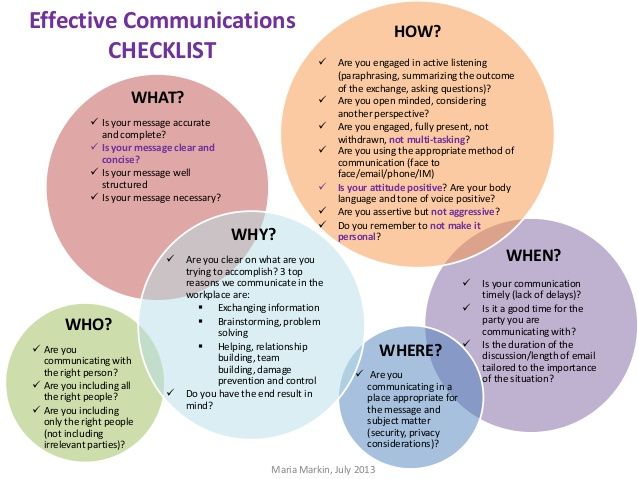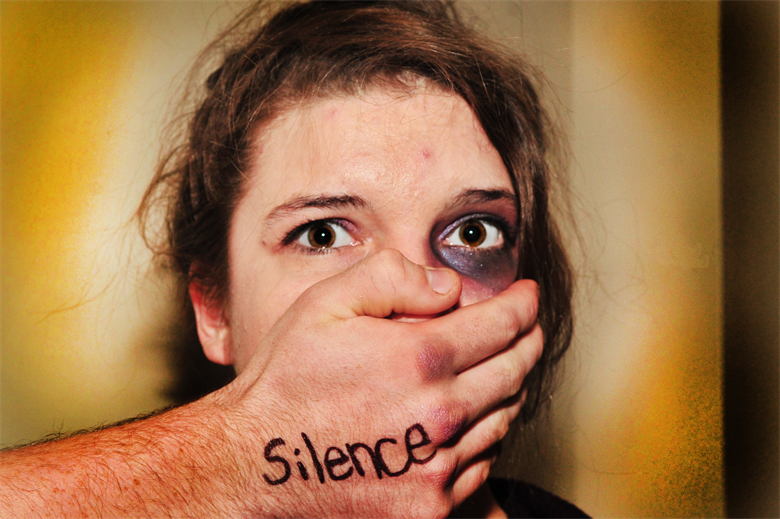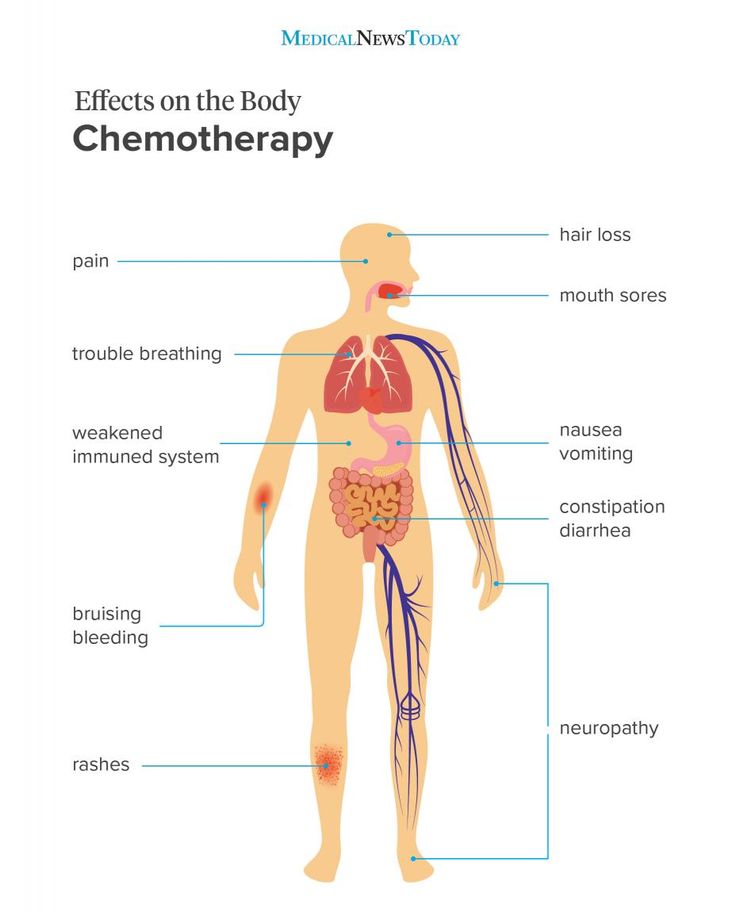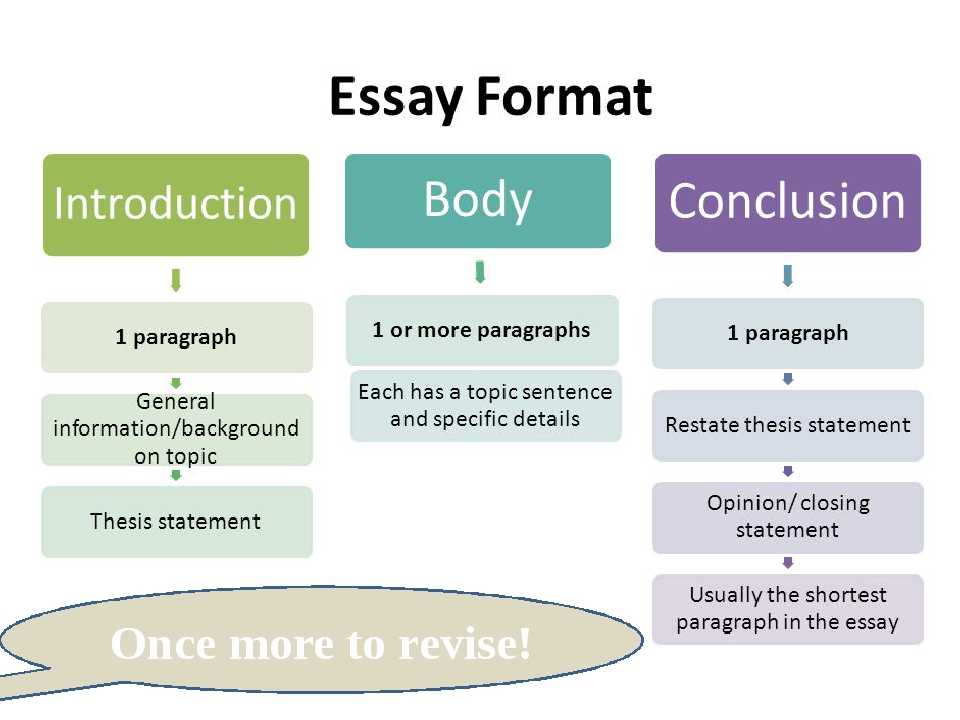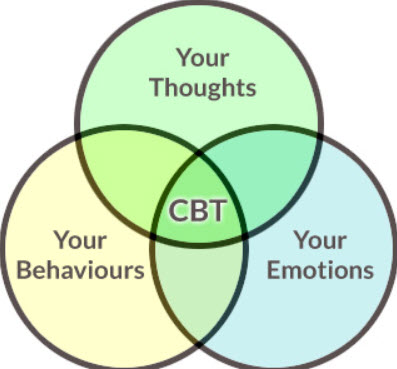How to establish communication in a relationship
10 ways to improve communication in relationships
Back to the Ultimate Relationship Guide
Connection: We all crave it. We seek it through family and friends, but often our intimate relationships are where we expect to find the most connection. When we don’t, we feel isolated and misunderstood. We let these negative emotions lead to arguments – or worse, we stop communicating at all.
Communication in relationships is essential to having a happy, healthy partnership. And it isn’t about making small talk. Asking your partner how their day went is nice, but if you want an extraordinary relationship, you must dig deeper. Learning how to communicate in a relationship is about fulfilling your partner’s needs. To improve communication in your relationship, you must discover how to listen, not how to talk.
Improve your relationship with the 9 Keys to Passion & Intimacy
Download the Guide
Why is communication in relationships important?
Communication in relationships is essential to having a happy, healthy partnership. Your partner is likely the person you spend the most time with, which means there’s a greater risk of misunderstandings and conflict. But when you perfect communication in relationships, you’ll be rewarded.
Real communication in relationships means that you can go to your partner about anything: sharing happiness and sadness, good days and bad. You’re willing to be vulnerable with them because you know that they will support you and love you no matter what. Absolute courage and vulnerability is one of the Five Disciplines of Love because it leads to total trust in your relationship.
✓ Better conflict resolutionWe all know couples who seem to fight all the time – and those who seem to never fight at all. While all relationships have ups and downs, both frequent fighting and no fighting at all are signs of a lack of communication in relationships. The key isn’t to never disagree with your partner. It’s to improve your conflict resolution skills by using the eight tips above so that when disagreements do happen, you’re able to turn them into something that strengthens your relationship instead of tearing it down.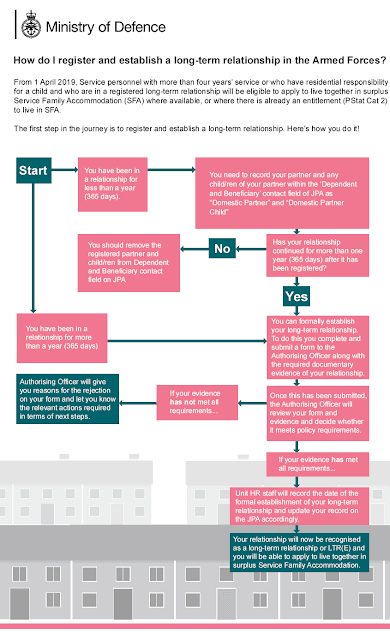
Discovering how to improve communication in relationships is excellent for your emotional intimacy, or ability to listen, understand and be compassionate toward your partner. Developing your communication skills shows that you respect and value your partner and their feelings and opinions. When people feel honored and accepted in this way, emotional intimacy skyrockets – and physical intimacy often follows.
Is there such a thing as over-communication?
Yes, over-communication in relationships does exist in certain contexts. There are two common defense mechanisms when people are feeling anxious or unsure of how to express themselves: internalizing and externalizing. People who internalize tend to shut down and withdraw during conflicts; those who externalize want to talk it out, sometimes excessively.
In both of these cases, more communication doesn’t necessarily equal good communication. Internalizers may need space before they’re ready to talk; externalizers may need to slow down and refine their message. Before you’re tempted to say more, think about how you can say it better instead.
Before you’re tempted to say more, think about how you can say it better instead.
How to communicate in a relationship
Communication in relationships can be the difference between a strong, lifelong partnership or a conflict-filled bond that ends in disappointment. Learning how to communicate better is vital.
1. Commit to true connection
The biggest misconception about how to communicate in a relationship is that communication is the same as talking or making conversation. Communication in relationships, at its core, is about connecting and using your verbal, written and physical skills to fulfill your partner’s needs. It’s not about making small talk. It’s about understanding your partner’s point of view, offering support and letting your partner know you are their #1 fan.
It’s easy to let real connection and passion diminish, especially in long-term relationships. But the first key to how to improve communication in a relationship is to admit that you’re not connecting the way you used to.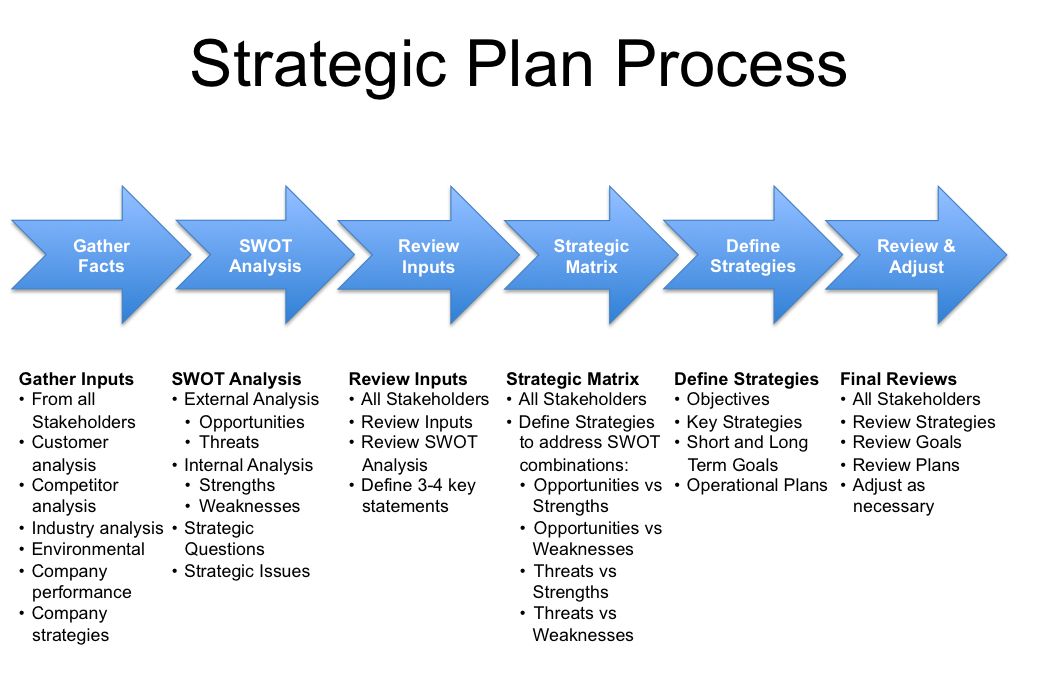 Talk with your partner about rekindling your connection and provide a starting point. If your partner isn’t on board, don’t worry. Relationships are a place where you go to give, not one where you go to take. You can still enact many of these strategies without a commitment from your partner – and you may even inspire them to reciprocate.
Talk with your partner about rekindling your connection and provide a starting point. If your partner isn’t on board, don’t worry. Relationships are a place where you go to give, not one where you go to take. You can still enact many of these strategies without a commitment from your partner – and you may even inspire them to reciprocate.
2. Identify your communication styles
Before you work on learning how to improve communication in a relationship, you need to realize that not everyone has the same communication style. The four main communication styles are passive, aggressive, passive-aggressive and assertive. Passive communicators keep their emotions inside and are the ones who can never seem to say “no.” Aggressive communicators are loud and intense, but typically have trouble making real connections with others. Passive-aggressive communicators avoid conflict and use sarcasm to deflect real communication. The healthiest type of communication is assertive: These people are in touch with their emotions
and know how to communicate them effectively.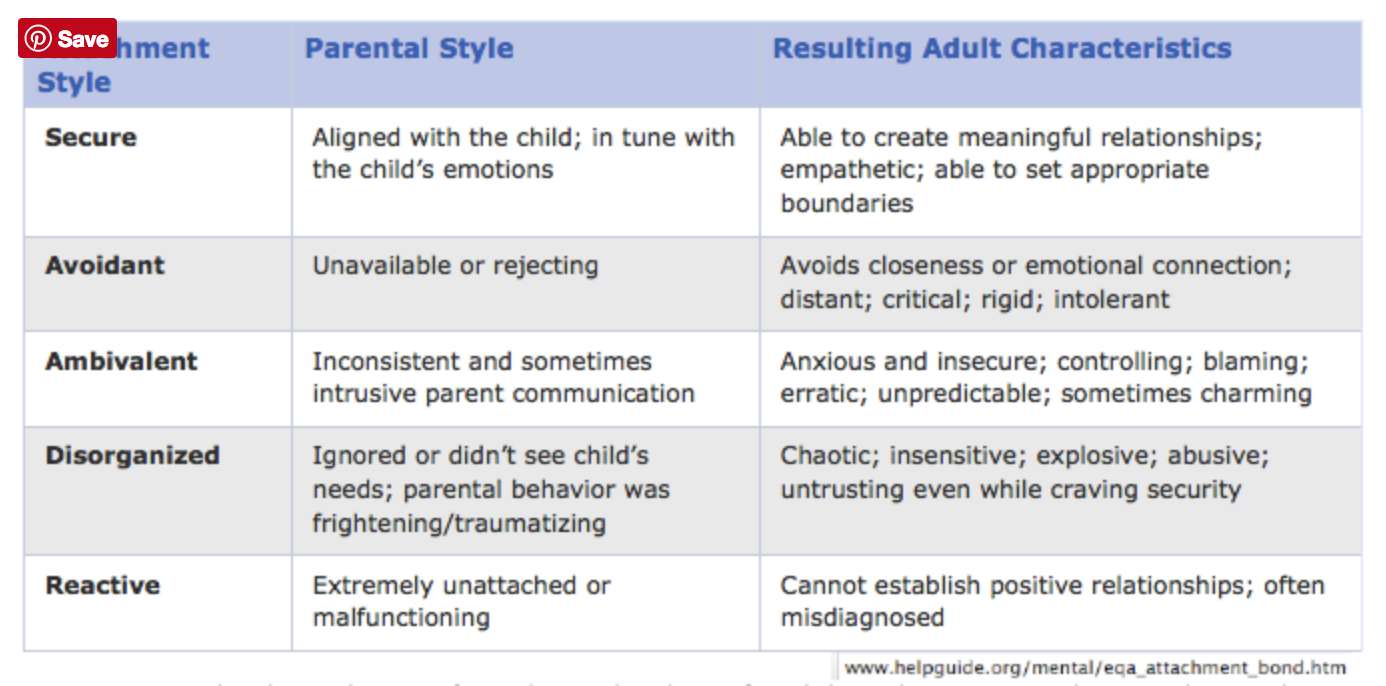
Communication styles also involve our metaprograms, or the ways that we respond to information. Some people like to talk, some prefer touch and others are more visual or respond better to gift giving than an outward discussion of feelings. You probably know which communication style you prefer, but what about your partner?
Communication and relationships are all different. Effective communication with your partner will come from acknowledging this. Your partner can be telling you exactly what they need, but you have to be cognizant of how they convey this information to you. If there’s miscommunication, you’ll miss the opportunity to build trust and intimacy, and you’ll both feel frustrated.
When striving to learn how to communicate better, watch your partner respond to different perceptive cues over a day or two. Does he or she seem to respond most to seeing and watching? Hearing and talking? Or touching and doing? For example, if your partner is more responsive to language, tone and other auditory cues, making lots of eye contact and gentle facial expressions isn’t communicating as much to them as you think.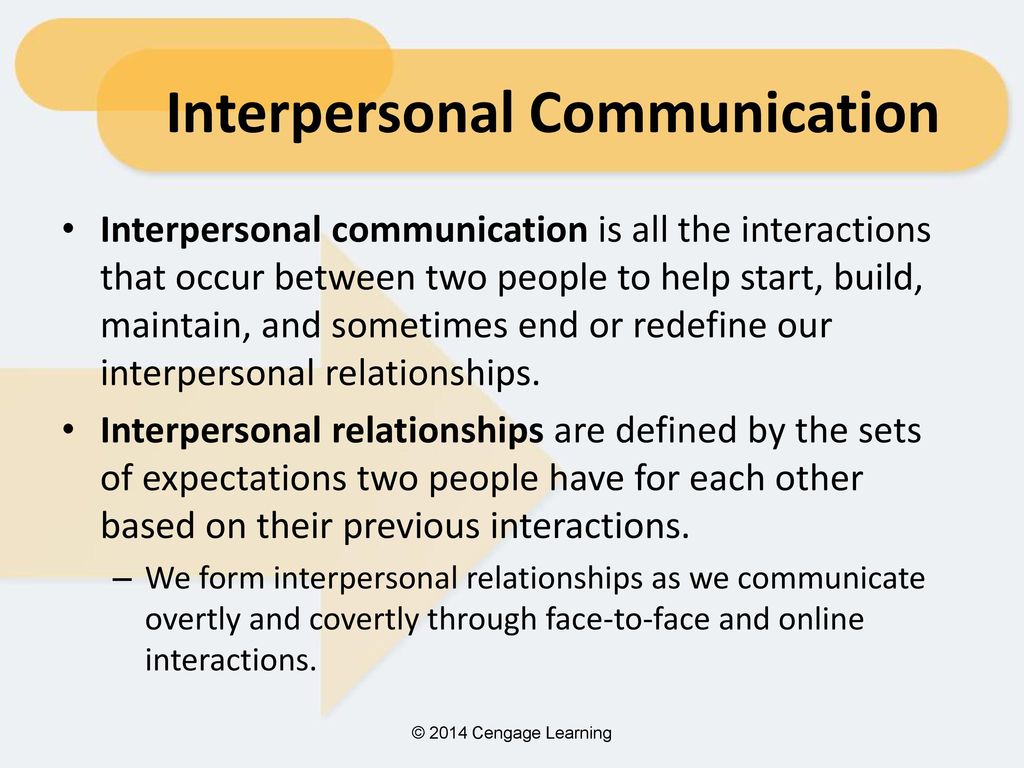 You’re sending signals but they’re not picking them up. On the other hand, if you find that you are an auditory person and your partner is a kinesthetic person, remember that saying “I love you” may not be enough. Reinforce your love with touch, and remember to do so often.
You’re sending signals but they’re not picking them up. On the other hand, if you find that you are an auditory person and your partner is a kinesthetic person, remember that saying “I love you” may not be enough. Reinforce your love with touch, and remember to do so often.
3. Discover the Six Human Needs
There are six fundamental needs that all humans share, but each of us puts these needs in a different order in accordance with our core values. Once you discover which needs matter the most to your partner, you’ll know how to communicate with your partner and in a way that fulfills them.
The first human need is the need for certainty. It’s this need that drives us to seek out pleasure and avoid pain, stress and emotional risks. Ask yourself these questions: How secure is my partner feeling in our relationship? We all find safety and comfort in different things. Be open with your partner about what gives them certainty and makes them feel stable.
The second human need that affects communication and relationships is the need for variety. Uncertainty isn’t always scary if you know how to communicate with your partner. Relationships need healthy challenges that allow partners to grow together. As you learn how to communicate better, you’ll find that variety keeps things fun and exciting with your partner.
Uncertainty isn’t always scary if you know how to communicate with your partner. Relationships need healthy challenges that allow partners to grow together. As you learn how to communicate better, you’ll find that variety keeps things fun and exciting with your partner.
Significance is the third human need: We all need to feel unique and important. Communication is key to this particular desire because your partner needs to know that you need them, in a singular way – that they fulfill your needs in ways that only they can. How do you demonstrate to your partner, not just tell them, that they are significant to you? You can show them through loving touch, offering them support when they need it and spending quality time with them.
The fourth basic human need is for connection and love. Every human needs to feel connected with others. Effective communication in relationships lets us know that we are loved and can make us feel at our most alive, but absence of love can cause pain like nothing else can. Too often we automatically say “I love you” in order to solve a conflict with our partners and forget to show love in a real, tangible way that speaks to our partner’s needs. Reverse this pattern: Consciously show your partner that you love them every day, in a way that speaks to their personal preferences and needs. Learning how to improve communication in a relationship is about realizing what “language” your partner best understands and giving them love in that way.
Too often we automatically say “I love you” in order to solve a conflict with our partners and forget to show love in a real, tangible way that speaks to our partner’s needs. Reverse this pattern: Consciously show your partner that you love them every day, in a way that speaks to their personal preferences and needs. Learning how to improve communication in a relationship is about realizing what “language” your partner best understands and giving them love in that way.
Growth is the fifth human need. The human experience is one of motion and without constant growth, our relationships will become stale. We constantly endeavor to evolve along the different paths that interest us the most, whether these are emotional, intellectual, spiritual or otherwise. Your partner has the need for growth as much as you do and when we learn how to communicate better, we can also learn how to better grow together. When was the last time you supported your partner’s growth in the areas that they are most passionate about? How can you continue to support them to the fullest?
The sixth and final human need is contribution and giving.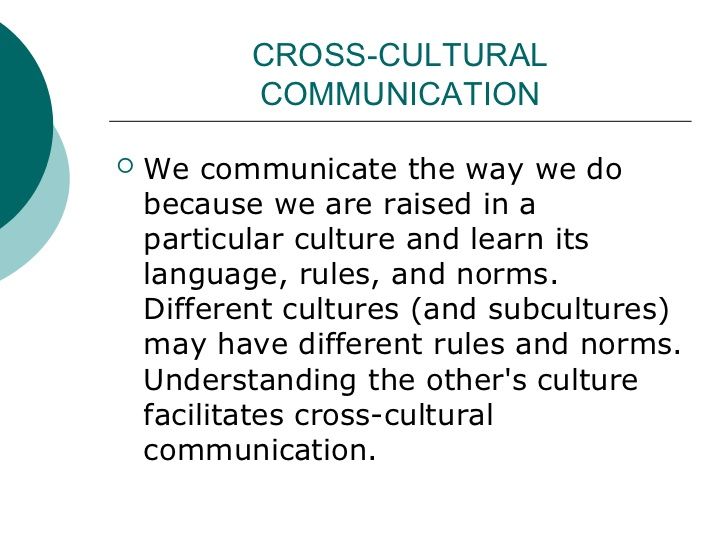 Remember, the secret to living is giving. Contribution is our source of meaning – it determines who we become and solidifies our legacy, who we are and our role in the world. Consider what you give to your partner and how you can give more. Are you giving your time? Your undivided attention? The benefit of the doubt? A second chance? When communication in relationships is strong, both partners are able to continually come up with new and better ways of contributing to the other’s happiness.
Remember, the secret to living is giving. Contribution is our source of meaning – it determines who we become and solidifies our legacy, who we are and our role in the world. Consider what you give to your partner and how you can give more. Are you giving your time? Your undivided attention? The benefit of the doubt? A second chance? When communication in relationships is strong, both partners are able to continually come up with new and better ways of contributing to the other’s happiness.
9 KEYS TO PASSION & INTIMACY
Discover how to be a better partner and build a stronger bond with Tony Robbin’s 9 Keys to Passion & Intimacy guide.
Download guide
4. Learn the three keys to passion and intimacy
The strongest relationships have polarity: opposing masculine and feminine energies that compliment each other. When the needs of either person aren’t being met, that person will put on a “mask” of the opposing energy and close off from their partner.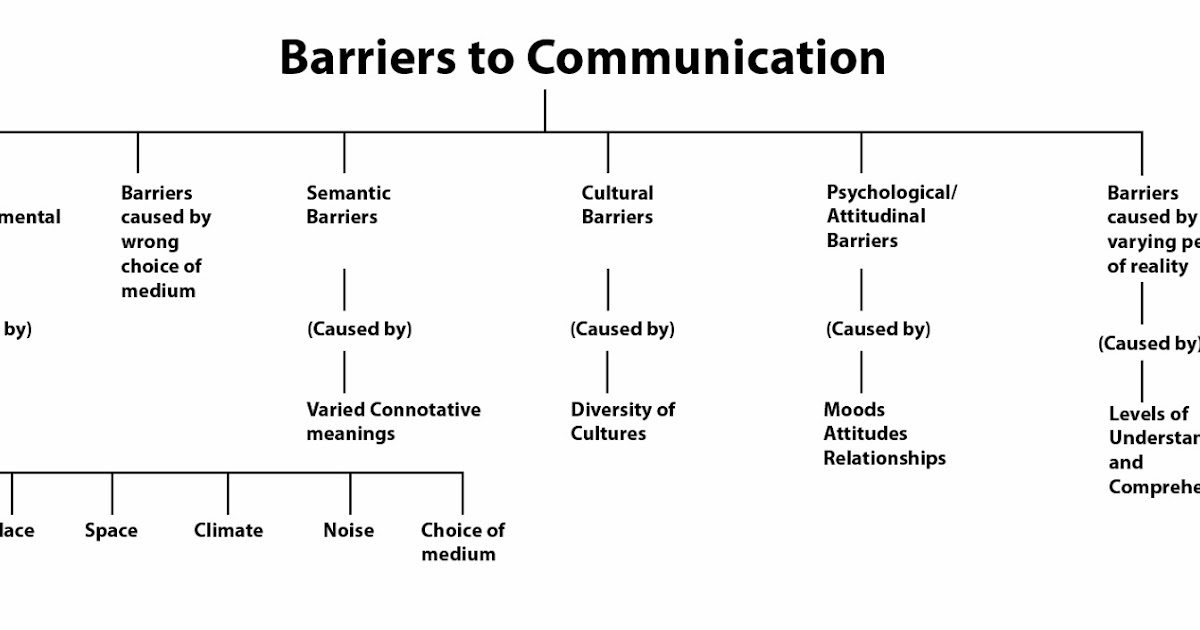 But when polarity in relationships is fully embraced, a beautiful connection is created.
But when polarity in relationships is fully embraced, a beautiful connection is created.
Masculine and feminine energies each have three key needs that must be met. Feminine energies need to feel seen – they want you to be present with them and appreciate them. They need to feel understood, through listening and validation. And they need to feel safe, both physically and emotionally.
Masculine energies need to feel appreciated, through praise and celebration. They need to feel free, not micromanaged or controlled. And they need to feel opened up to – so share your emotions and affection freely.
Communication in relationships is about first fulfilling your partner’s needs. When you do that, they will be more open to communicating and connecting with you to create the relationship you both desire.
5. Determine if your partner’s needs are being met
There is one surefire way to know if your partner is getting their needs met in your relationship: ask the right questions and then deeply listen to the answers.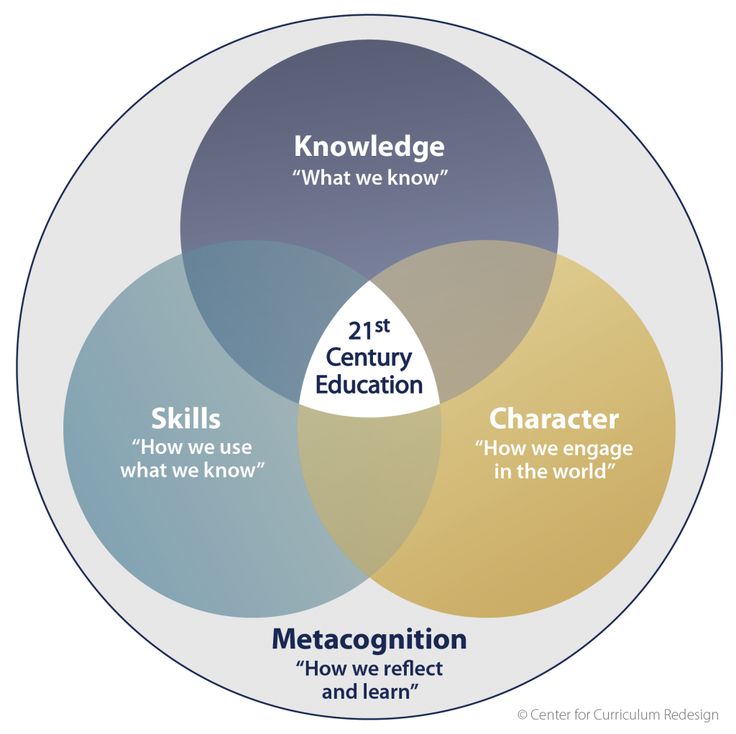 Reflect on what your partner says, and if you’re not sure what he or she means, then ask by restating their point and asking if you understand correctly. The key to how to communicate in a relationship is often not in the actual verbal communication at all – it’s in the way we listen to our partner.
Reflect on what your partner says, and if you’re not sure what he or she means, then ask by restating their point and asking if you understand correctly. The key to how to communicate in a relationship is often not in the actual verbal communication at all – it’s in the way we listen to our partner.
Your partner may be communicating exactly what the problem is, but if you’re not listening, you’ll miss it. Resist the pull of just waiting for your partner to finish what they’re saying so you can launch into your “turn.” That isn’t listening, it’s waiting to talk. Instead, listen with a calm, open mind and really hear what they are saying to you. This will not only help you learn how to communicate better, but will also enable you to connect with your partner on a deeper level.
6. Be honest and open
Being honest and open is at the top of the list for how to improve communication in a relationship. Say what you mean, and make your feelings and your needs clear.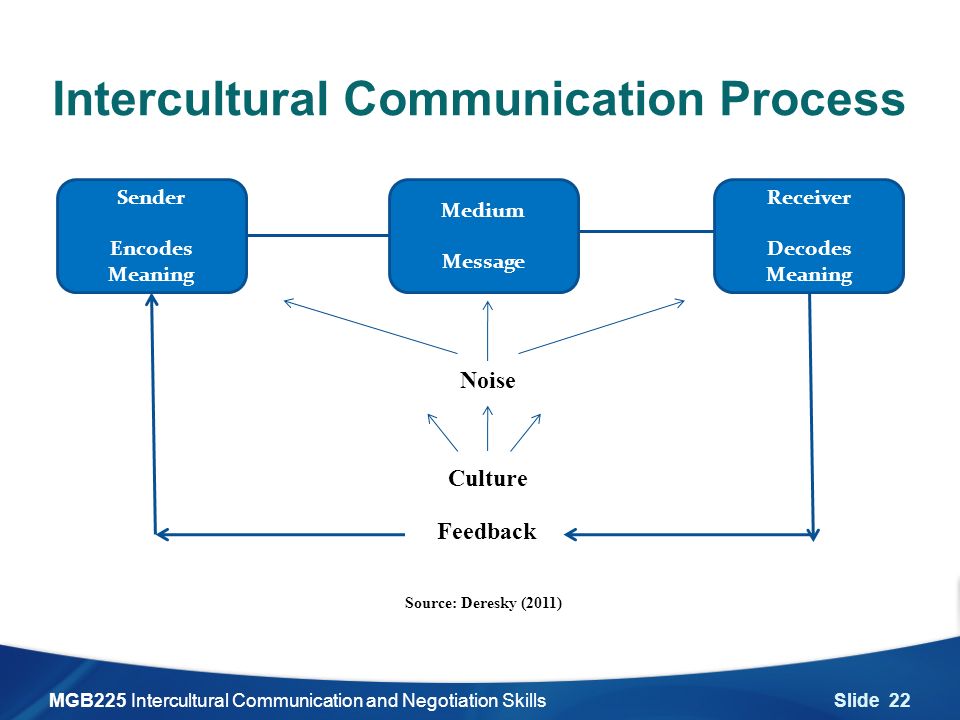 Retreating from conflict seems deceptively safe and comfortable, but it’s no substitute for trust in a relationship and it will never help you learn how to communicate better. Walking away from an argument is a temporary way to deal with an ongoing communication issue and must only be done to achieve a brief cooling-down period. When you disagree with your partner, you must be able to trust that what you say will be heard and respected, and so does your partner.
Retreating from conflict seems deceptively safe and comfortable, but it’s no substitute for trust in a relationship and it will never help you learn how to communicate better. Walking away from an argument is a temporary way to deal with an ongoing communication issue and must only be done to achieve a brief cooling-down period. When you disagree with your partner, you must be able to trust that what you say will be heard and respected, and so does your partner.
If you or your partner (or both of you) is averse to conflict, you can find yourselves burying your emotions to please each other and avoid problems. This temporary peacekeeping band-aid turns a two-way relationship into a one-way street, and that’s not a sustainable outcome. The happiness and intimacy you used to share will gradually erode, and it will take the relationship with it. Instead of ignoring issues, it’s crucial that you both learn how to communicate better with each other.
7. Be present in your relationship
To improve communication in relationships and truly understand what your partner is telling you, be present.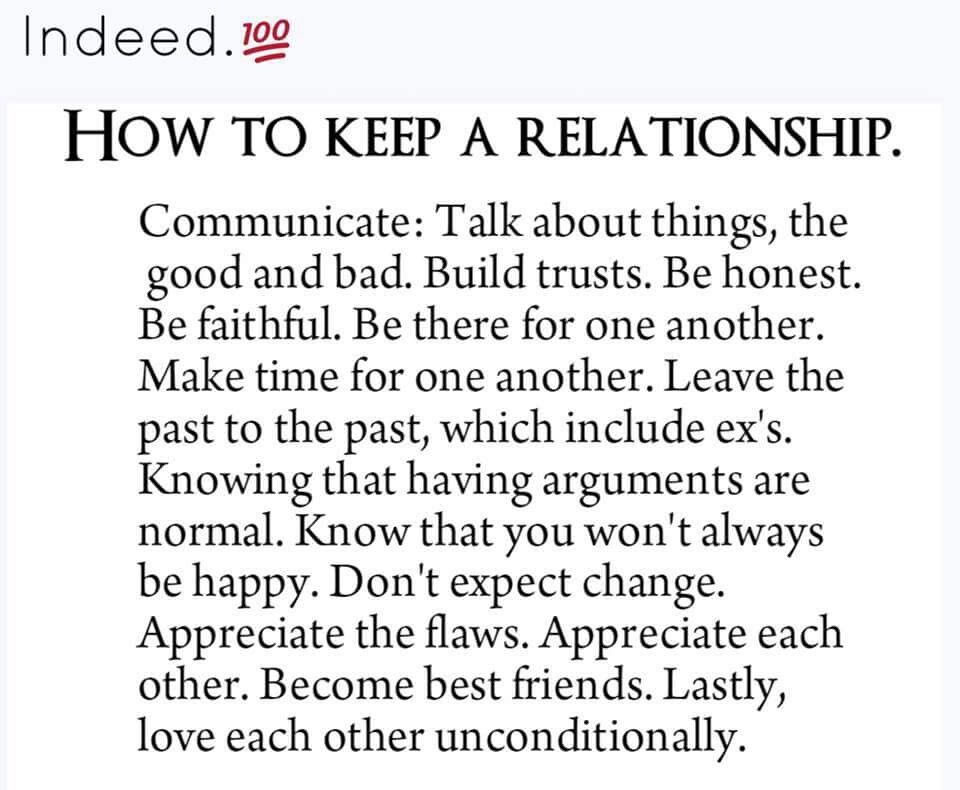 Put time aside and dedicate yourself 100% to communicating with your partner. They must truly feel that they have your full attention and that they are your number one priority.
Put time aside and dedicate yourself 100% to communicating with your partner. They must truly feel that they have your full attention and that they are your number one priority.
It’s difficult to listen and be fully present, aware and mindful when you’re angry and stressed or are working on things that take time away from your relationship. This is a part of life, but it’s important to realize that it’s not an excuse for neglecting communication in relationships. Remember that intimacy, love and trust are built when times are hard, not when they’re easy. If we gave up at every sign of resistance, we would never progress and evolve. Seize these opportunities to learn how to deal with conflict and stress in a healthy manner and watch as you grow and flourish with your partner.
8. Let things go
Resist letting a discussion about what’s happening now devolve into a rehash of every wrong that has ever happened between you and your partner.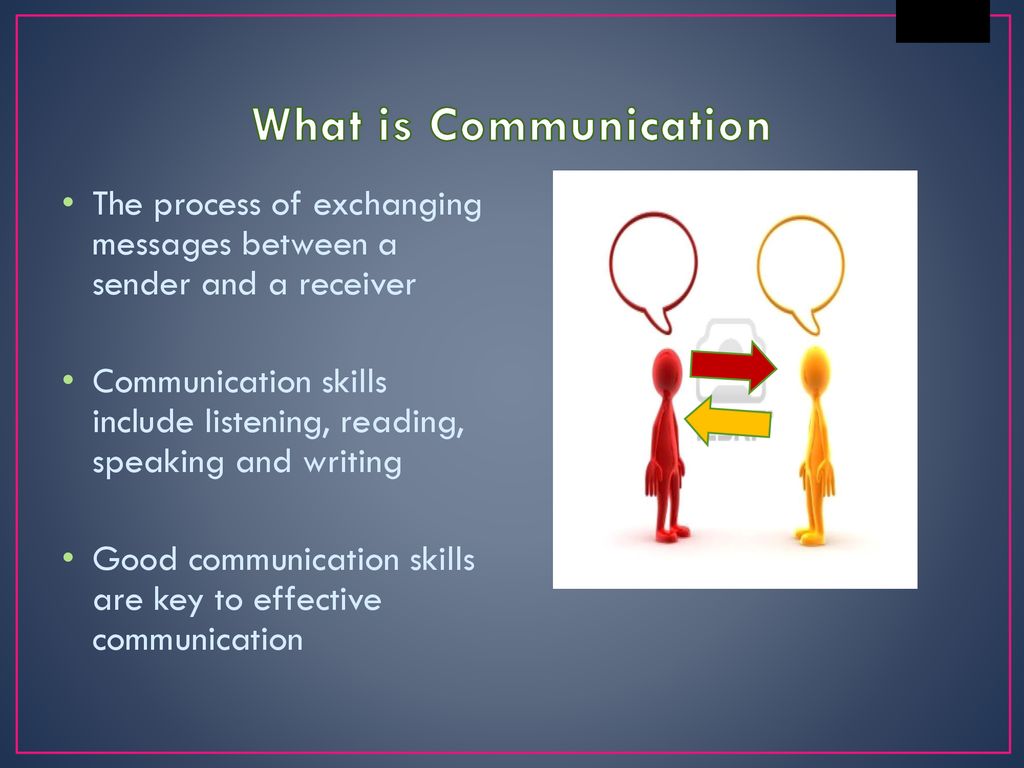 This is the opposite of loving and effective communication in relationships. Instead, assess the present situation and identify what you can do at this moment. Pause and remember why you’re here, and remember that your goal, the outcome that you value, is to strengthen your relationship, build intimacy and learn how to communicate better. There’s absolutely nothing either of you can do about the past right now, so let it go.
This is the opposite of loving and effective communication in relationships. Instead, assess the present situation and identify what you can do at this moment. Pause and remember why you’re here, and remember that your goal, the outcome that you value, is to strengthen your relationship, build intimacy and learn how to communicate better. There’s absolutely nothing either of you can do about the past right now, so let it go.
How to communicate better is about more than saying the right things. Also be aware of your body language. You could offer all the loving and supportive words in the world to your partner, but if your arms are crossed over your chest and you have a scowl on your face, your partner is unlikely to respond favorably. How to communicate in a relationship means listening, loving and supporting with your whole being. Lean toward your partner, keep your face relaxed and open and touch them in a gentle manner. Show them through all your words, actions and expressions that you love them even if you are in conflict.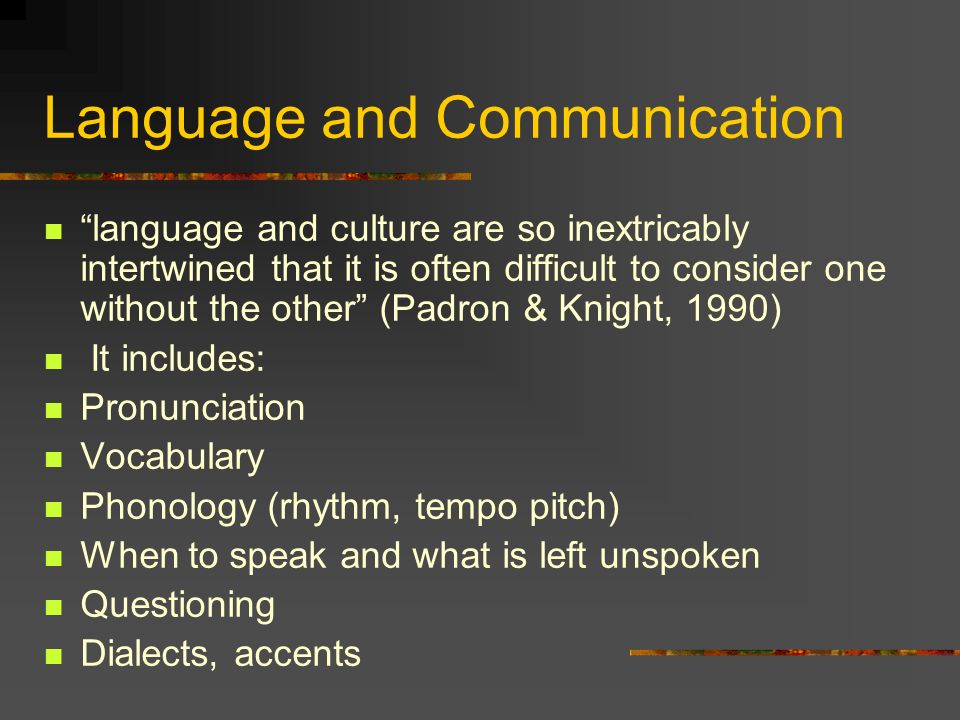
9. Break negative patterns
You know what your partner needs and have thought about their preferred communication style, but there’s something else that affects communication in relationships: how you’re speaking. Experts on communication break down the way we talk into pitch, pace, volume and timbre. The next time you’re in a disagreement with your partner, be mindful and make conscious efforts to modulate these aspects of your voice.
A voice that is overly high-pitched sounds defensive and immature. Also, if you end a sentence with a higher pitch, it sounds like a question; don’t do this unless you’re actually asking a question, or you risk instilling doubt in your partner.
Pace just means how fast you’re talking. Take a deep breath and slow down – especially when you’re disagreeing. Speak calmly and clearly to get your message across.
Pay attention to volume, especially volume “creep,” and avoid competing to be heard – competition only leads to shouting and miscommunication.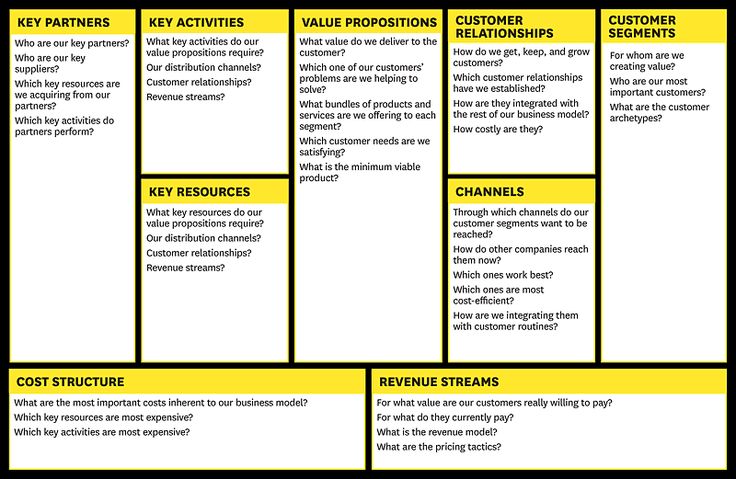 Being louder won’t help you communicate with your partner. If your partner is speaking, listen.
Being louder won’t help you communicate with your partner. If your partner is speaking, listen.
Timbre refers to your voice’s emotional quality, attitude and tone. Pay careful attention to this, and watch for red flag timbres like sarcasm that can erode communication in relationships and cause distrust between partners.
When things do get out of hand, break the pattern: Be playful and use humor in a way that keeps the conversation flowing in the right direction. Injecting humor into the situation can make it feel less dire and can yield amazing results for the two of you. That’s because humor helps you regain perspective and balance; it is an essential component of healthy communication in relationships. It also relieves stress and improves your physical happiness in your everyday life. The biggest benefit to laughing in this context is that it reminds you that you love just being together with your partner. It reminds you that you can enjoy your time together, even when things seem challenging.
When learning how to communicate in a relationship, it’s important to break the pattern of hostility, hurt and retreat. For example, when you catch yourself raising your voice or being sarcastic, change your tone. If you’re using “you” repeatedly and blaming your partner, switch to “I” and “me,” or better yet, “we.” There’s no point in offloading all your relationship’s issues on to your partner. There are two people in every relationship, so don’t shift the blame to be entirely on their shoulders.
Breaking the pattern is a powerful way of reframing the discussion and bringing it back to a level where you can get to what matters. Communication in relationships is all about what your partner’s needs are, what your needs are and how you can both feel fulfilled from your relationship.
10. Start over
Sometimes no matter how much you want to improve communication in a relationship, an argument happens. This is when it’s most essential to be aware of your negative patterns and start over before they become destructive.
Tony often shares an incredible story about Mikhail Gorbachev and Ronald Reagan that speaks to the power of patterns. If you were born before the mid-80s, you remember the Cold War. It was a defining period of world history when two superpowers, with opposite ideologies – i.e., differences in values – confronted each other in a tense political conflict that could, at any point, tip toward war. It was not a productive relationship and in the late-80s the leaders of the two powers met in a series of talks that would forever shape the course of human history.
But, the story of how Reagan, president of the United States, and Gorbachev, leader of the Soviet Union, resolved the conflict did not start as well as you might think. Gorbachev and Reagan found themselves in the middle of a heated discussion on the merits and demerits of capitalism and communism. Like any discussion on politics, it was going nowhere and neither leader was sure how to communicate better with the other.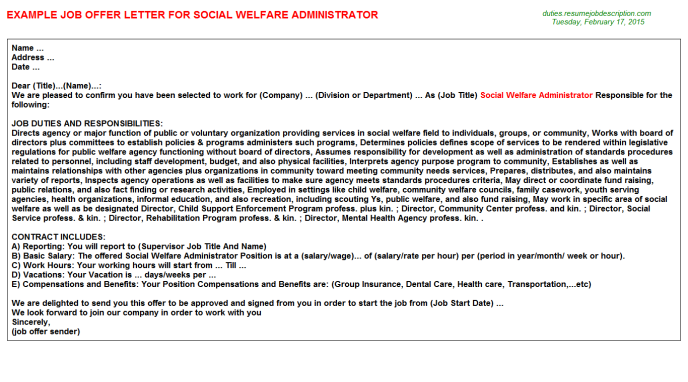
Tony had the pleasure of speaking to both Reagan and Gorbachev years after and he asked them, “What was the moment you decided for peace?” Gorbachev related that, in the middle of the argument, Reagan stood and walked away, only to suddenly turn and exclaim, “Okay, let’s try this again. I’m Ronald!” If Reagan and Gorbachev can start over after so much animosity, there’s hope for communication in your relationship, too.
Always remember that you are together because you make each other smile. Problems are obstacles that need surmounting, and while it’s easy to give up, the truth is that these are the moments that will define your relationship. Listen to your partner, discover the needs they value the most and fulfill them. When you understand that giving is the secret to a fulfilling relationship, you’ll put constant work into how to communicate with your partner in a way they can understand.
Ready to learn how to communicate better?
Discover how to meet your partner’s needs and build a stronger bond with the Ultimate Relationship Program.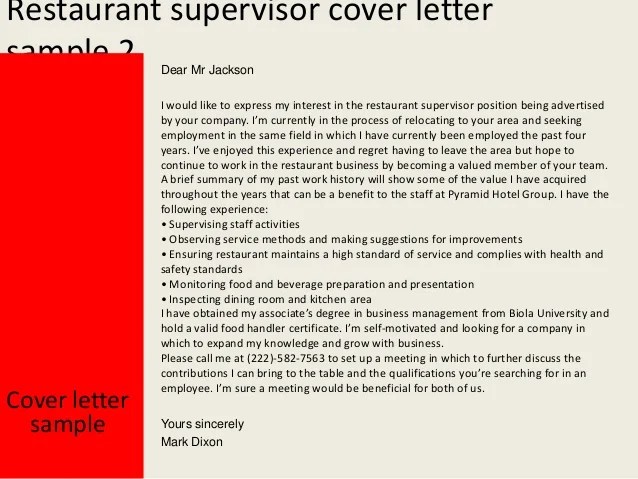
Get the Program
The best Tony content straight to your inbox ÛÓ twice a month.
By entering your information on the Tony Robbins website, you agree that we may collect and use your personal information for marketing, and for other purposes, as set forth in our Privacy Policy, which we encourage you to review.
This website uses cookies to personalize your experience and target advertising.. By continuing to use our website, you accept the terms of our updated policies
Lack of Communication: 17 Tips for Couples
Lack of Communication: 17 Tips for CouplesMedically reviewed by Janet Brito, Ph.D., LCSW, CST — By Cindy Lamothe on October 29, 2019
If you’re in a relationship, chances are you’ve had your fair share of tense moments. It’s OK to have arguments — clashing is a completely normal part of being a couple.
But the key to any lasting relationship is to work toward building a stronger, more intimate bond.
“Communication is important because it fosters trust and connection,” explains Shelley Sommerfeldt, PsyD, a clinical psychologist who specializes in relationships. “In order to have an open, honest, and vulnerable relationship with our partner, we must be able to freely communicate in a healthy manner.”
Whether you’re just starting out as a couple or have been together for years, these strategies can help you both improve your communication skills.
Before you can get to work on improving your communication skills, it’s important to first identify the areas that need some work.
Here are some signs to look for.
Passive aggressive behavior
Passive aggression is a way of expressing hidden anger instead of addressing conflict head-on.
This might look like:
- cracking jokes about your partner always being late
- punishing them for being late by giving the silent treatment
- making digs about their decisions
All of these behaviors allow you to express your frustration without actually having to talk about it.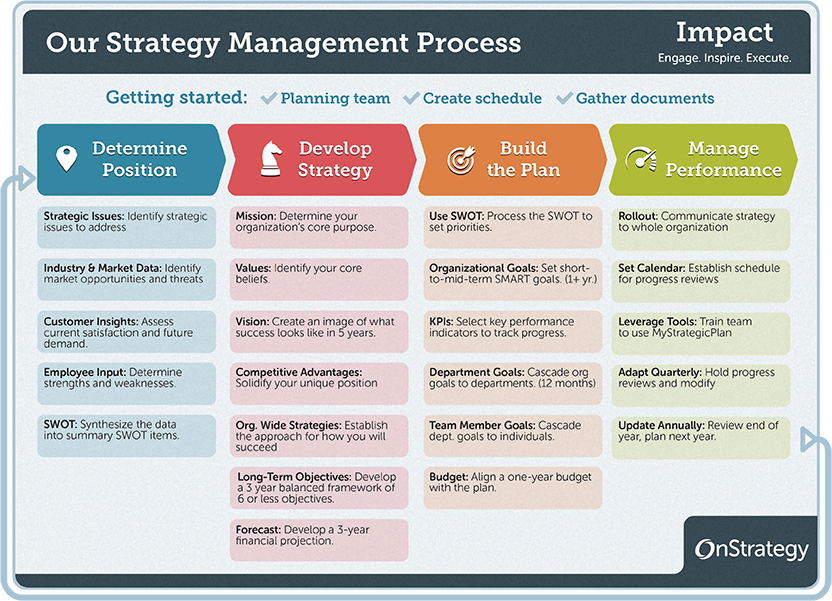 It might feel satisfying in the moment, but it won’t serve you any favors in the long run.
It might feel satisfying in the moment, but it won’t serve you any favors in the long run.
Brushing things under the rug
Simply avoiding conflicts won’t help, either. Ignoring issues just gives them the space and time to build up into something larger down the road.
Using aggressive speech
Becoming openly defensive or hostile when talking to your partner is a sign you’ve fallen into a toxic communication pattern.
Aggressive speech can involve:
- raising your voice
- blaming or criticizing
- controlling or dominating the conversation
Recognize any of the above signs in your relationship? These tips can help you foster more open and honest communication.
Process your feelings first
Before talking with your partner about an issue that’s upsetting for you, be sure to process your own feelings on the subject and calm yourself first, says Sommerfeldt.
“If we go into a conversation feeling very angry, upset or too emotional, then the communication tends to become too heated and difficult to find resolution,” says Sommerfeldt.

Try taking a quick walk or listening to relaxing music before talking to your partner. That way you’ll be more in control of your emotions and be able to communicate well.
Thinking about timing
Choosing the right time to talk with your partner can make all the difference, Sommerfeldt notes.
If something’s weighing on your mind, give your partner a heads up that you’d like to sit down and talk.
“If your partner knows that you’d like to speak with them, this can help de-escalate the situation as well because they are less likely to feel ambushed or blindsided with a heated debate,” Sommerfeldt says.
Start with ‘I’ statements and feelings
How we speak to our partner can make all the difference. Often, couples begin a conversation by pointing the finger at the other person and placing blame, says Sommerfeldt.
She recommends beginning conversations with how you are feeling. You can ensure you do this by using statements that start with “I.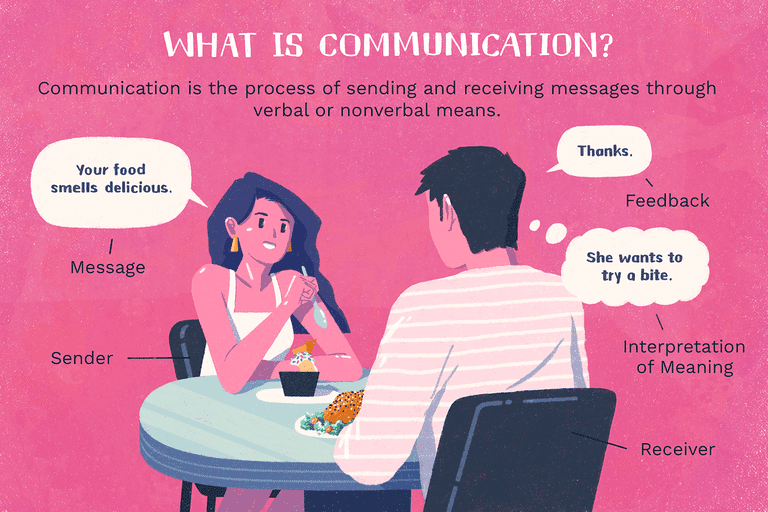 ”
”
For example, instead of calling out your partner for focusing too much on work, you could say, “I feel hurt when you always focus on work.” This is less accusatory than saying, “You’re always focusing on work.”
Focus on being both being heard and listening
“Many couples enter conversations as though they are debates or arguments that they must win,” says Sommerfeldt.
While you may not agree with your partner’s point of view, it’s important to actually listen to why they feel the way they do. They should do the same for you.
When having a discussion, don’t make it a competition to see who wins. Instead, actively listen and try to understand their point of view.
Make compromising and resolution the goal
“Remember that the focus of communication with your partner is coming to an understanding,” Sommerfeldt explains.
Whether you’re bringing up hurt feelings or addressing conflicting ideas about future plans, both of you should leave a conversation feeling as though there’s some kind of resolution.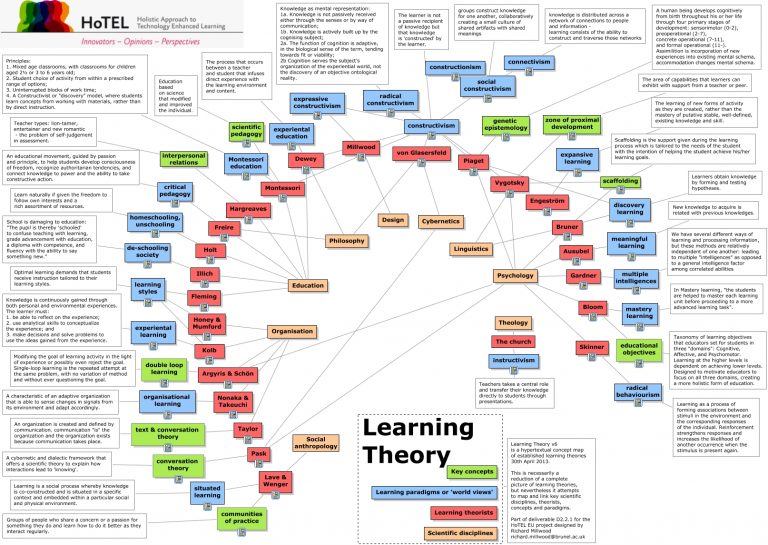
More often than not, that resolution relies on some level of compromise, whether it’s about the division of chores or making financial decisions.
“This helps people forgive and move forward,” she adds. “It can also bring on feelings of strength and connection between partners.”
Set clear boundaries
Placing firm boundaries can also help avoid any miscommunication, advises Cali Estes, PhD.
For example, if finances are a sore spot, consider coming up with some boundaries. Maybe you decide that any purchase over $500 must be discussed and approved by both parties before pulling the trigger.
Leave notes for your partner
It might seem minor, but leaving a note to let your partner know what you’re doing can be extremely helpful, says Estes. In addition to providing practical information, it shows your partner that you’re thinking of them and being considerate of their potential worries about where you are.
If you know you’ll be meeting up with a friend after getting groceries, leave a quick note letting your partner know.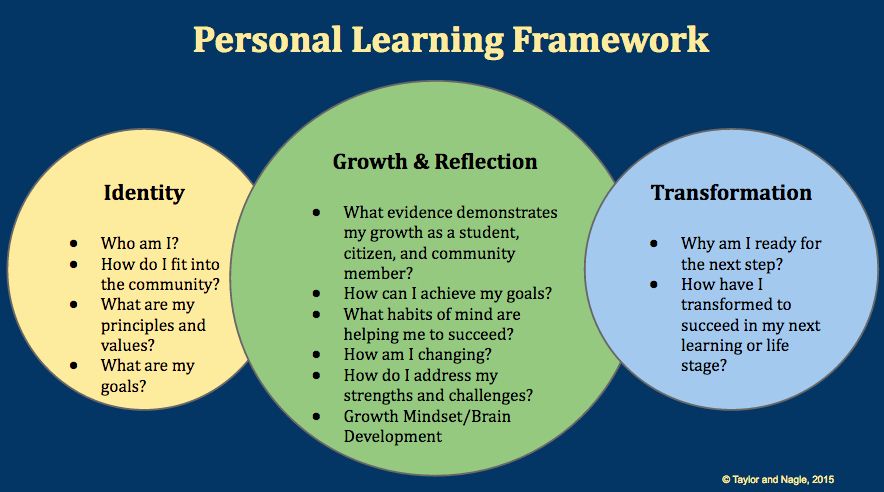
Regularly check-in throughout the day
Similarly, Estes recommends doing regular check-ins in the morning, around lunchtime, and in the evening.
“This would include taking what I call your mood temperature,” Estes says. “If you’re in a bad mood, you want your partner to know before you explode.” Try using a scale of 1 to 10 to let your partner know how your day is going.
When it comes to communication, there are things you’ll want to avoid whenever possible.
The silent treatment
“People often adopt the silent treatment thinking it’s setting boundaries,” says licensed therapist, Jor-El Caraballo, “but boundaries work best when communicated explicitly with a partner, otherwise they may not realize they’ve crossed one.”
It’s better to be assertive about a boundary, Caraballo adds, than to assume that a partner knows why you’re hurt and shut them out, which can often cause more damage to a relationship.
Bringing up past mistakes
It’s easy to fall into the habit of rehashing the past during a heated moment.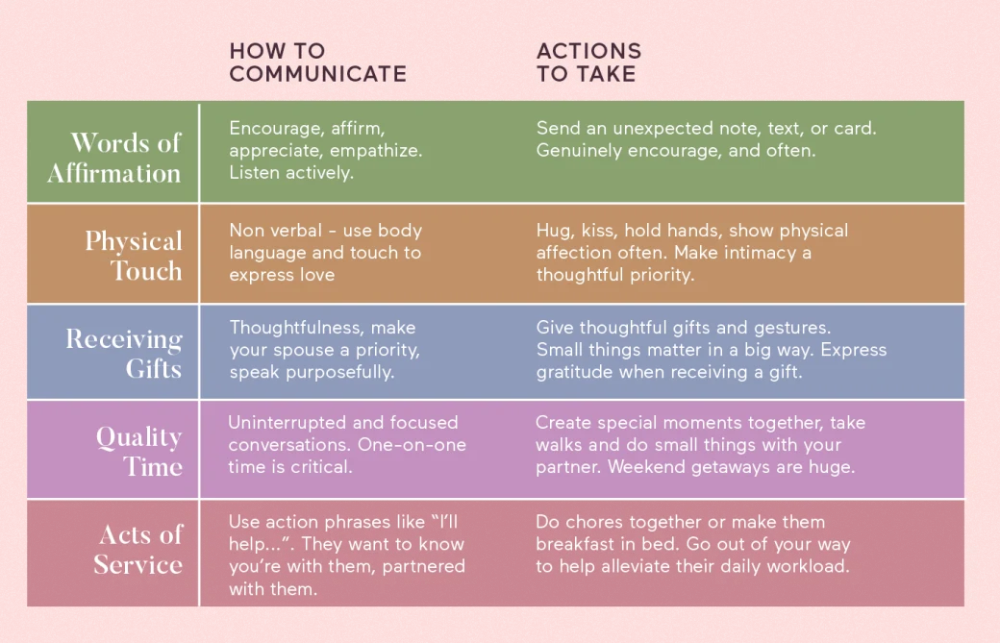 Regularly dredging up your partner’s mistakes can be counterproductive and just make them more defensive.
Regularly dredging up your partner’s mistakes can be counterproductive and just make them more defensive.
Yelling or screaming
Raising your voice during an argument or resorting to yelling and screaming is an ineffective way to process your anger.
In the long term, it can cause arguments to become more intense and erode your partner’s self-esteem.
Walking away
Stonewalling or walking away mid-argument is a way of disengaging from your partner and leaving conflict unresolved.
It’s understandable to feel overwhelmed and need a timeout. Be sure to explain that you need to take a moment away from the conversation.
Sarcasm and put-downs
Be aware of inappropriate humor when you’re in the midst of arguing. If you want to break the ice, it’s better to make a harmless joke about yourself than say something negative about them.
Disrespectful nonverbal behavior
Body language can communicate volumes. Checking your phone instead of facing them and making eye contact, for example, can make the other person feel disrespected.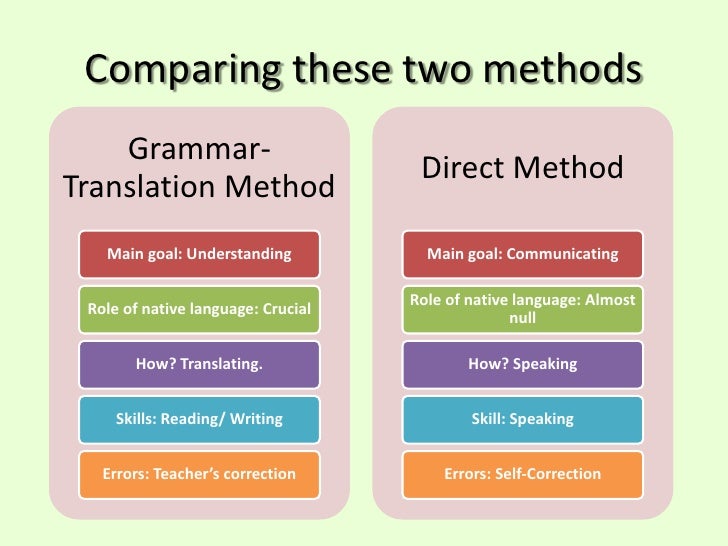
Effective communication is the foundation of a successful relationship, but that doesn’t mean it’s always easy.
If you’re having a hard time working through communications in your relationship, consider seeing a therapist, either on your own or with your partner, to work through any underlying issues and develop some new tools.
Cindy Lamothe is a freelance journalist based in Guatemala. She writes often about the intersections between health, wellness, and the science of human behavior. She’s written for The Atlantic, New York Magazine, Teen Vogue, Quartz, The Washington Post, and many more. Find her at cindylamothe.com.
Last medically reviewed on October 29, 2019
How we reviewed this article:
Healthline has strict sourcing guidelines and relies on peer-reviewed studies, academic research institutions, and medical associations. We avoid using tertiary references. You can learn more about how we ensure our content is accurate and current by reading our editorial policy.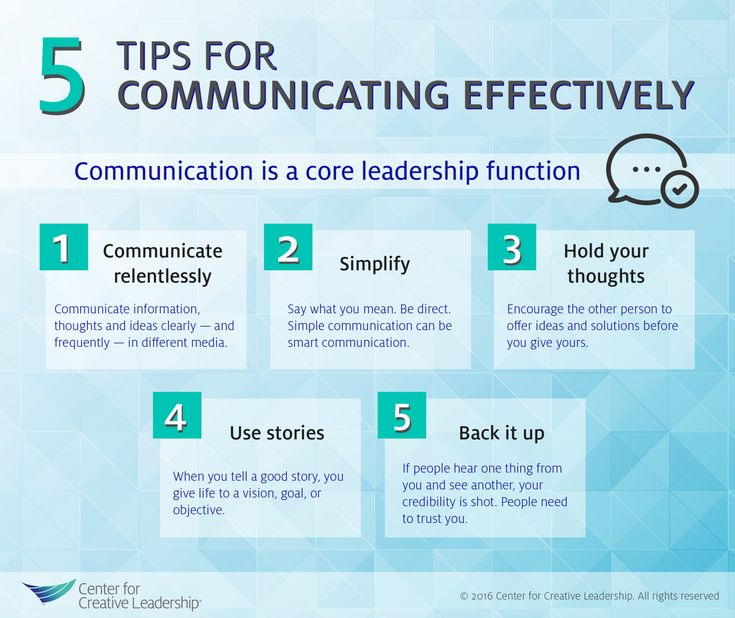
- Caraballo J. (2019). Personal interview.
- Chrzasz-Reedy A. (n.d.). Healthy relationships through communication.
oscr.umich.edu/article/healthy-relationships-through-communication - Church C. (n.d.). This communication pattern kills relationships.
smartcouples.ifas.ufl.edu/dating/coping-with-problems-and-challenges/this-communication-pattern-kills-relationship/ - Estes C. (2019). Personal interview.
- How can we communicate better? (n.d.).
loveisrespect.org/healthy-relationships/communicate-better/ - Peterson NB. (2013). Practice communication skills to grow relationships: Advice from a Research and Extension specialist.
k-state.edu/today/announcement/?id=9249 - Sommerfeldt S. (2019). Personal interview.
Our experts continually monitor the health and wellness space, and we update our articles when new information becomes available.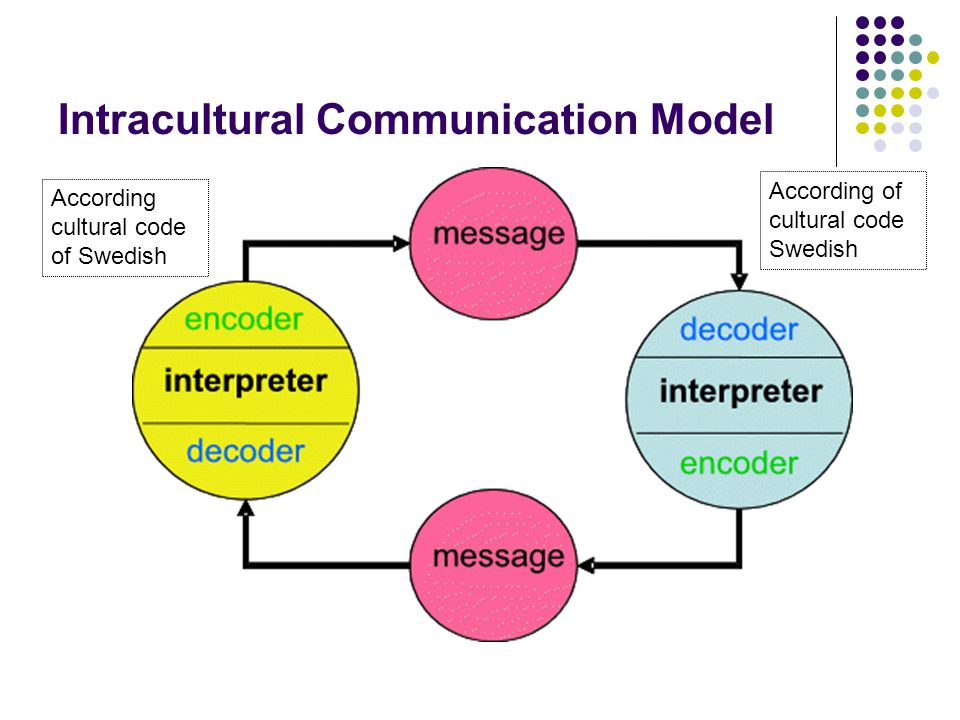
Share this article
Medically reviewed by Janet Brito, Ph.D., LCSW, CST — By Cindy Lamothe on October 29, 2019
Read this next
How to Rescue a Damaged Relationship
Medically reviewed by Timothy J. Legg, PhD, PsyD
Saving a relationship takes work, but it's possible. Whether you're trying to make long distance work or dealing with a betrayal, we've got 22 tips…
READ MORE
Intimacy vs. Isolation: Why Relationships Are So Important
Medically reviewed by Janet Brito, Ph.D., LCSW, CST
Intimacy vs Isolation is stage six according to Erik Erikson's model of human development. This stage spans from around age 19 to 40 and is…
READ MORE
How to Maintain Your Interpersonal Relationships
Medically reviewed by Dillon Browne, Ph.D.
Interpersonal relationships range from those with your family and friends to romantic partners and acquaintances.
 Maintaining good relationships is…
Maintaining good relationships is…READ MORE
The No BS Guide to Protecting Your Emotional Space
Medically reviewed by Timothy J. Legg, PhD, PsyD
Setting boundaries is about giving yourself agency and empowerment. Here are exercises, questions, and methods to try when setting boundaries with…
READ MORE
5 Consequences of an Unhappy Marriage and 5 Tips to Work Toward Change
Medically reviewed by Jennifer Litner, PhD, LMFT, CST
Conflict, mismatched needs, and communication issues can cause unhappiness in your marriage and ongoing emotional distress. These tips can help.
READ MORE
What It Means to Be Polyamorous
Medically reviewed by Janet Brito, Ph.D., LCSW, CST
Communication and honesty are key in polyamorous relationships.
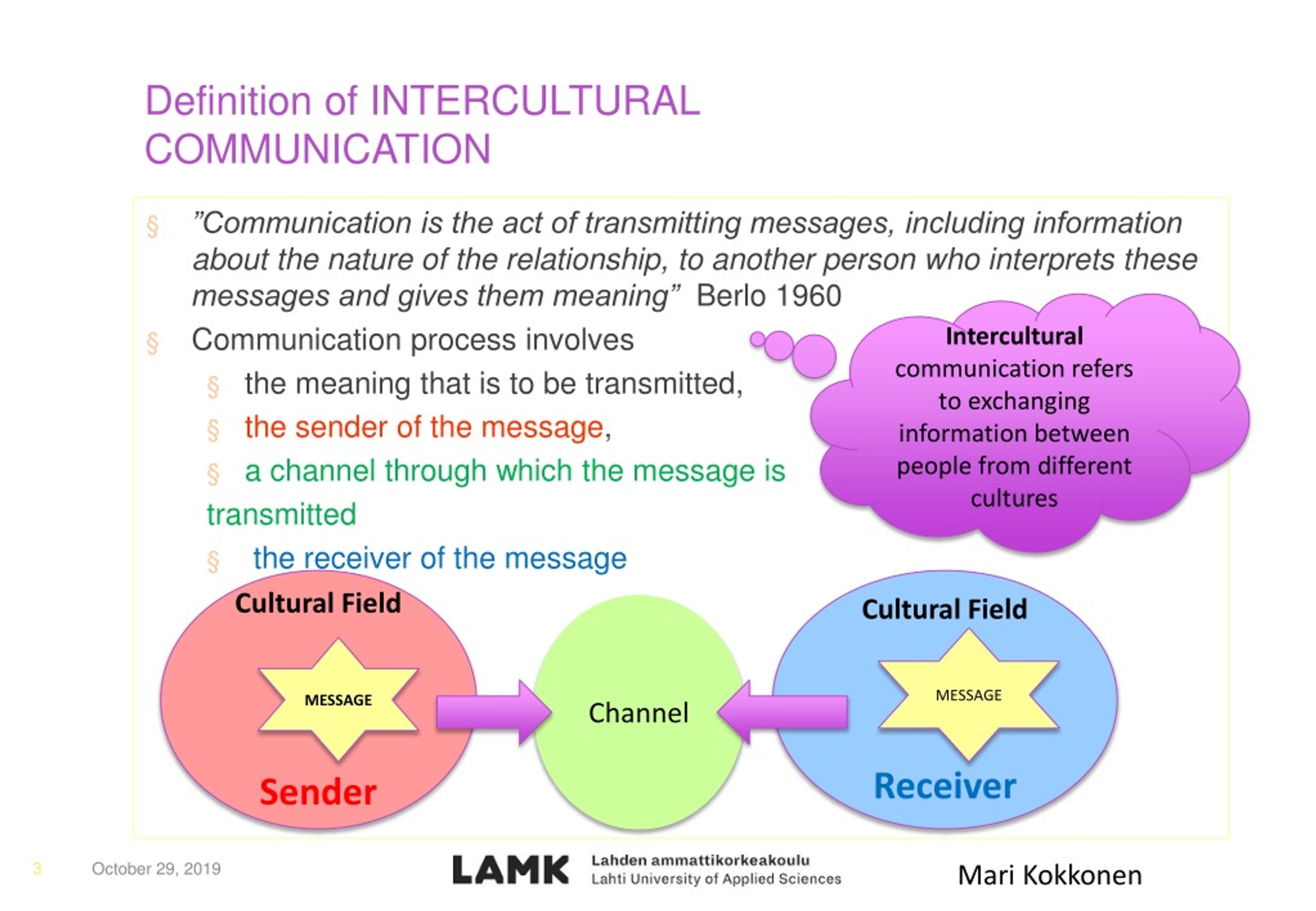 Let's take a closer look at this ethical form of non-monogamy.
Let's take a closer look at this ethical form of non-monogamy. READ MORE
Your Guide to Codependent Relationships and Recovery
Let's look at some possible signs of codependent relationships, as well as some ways you and your partner can work to have a happier and healthier…
READ MORE
Your Guide to Monoclonal Antibodies’ Side Effects
Medically reviewed by Alan Carter, Pharm.D.
While monoclonal antibodies may seem intimidating, their side effects are known to be mild. Let's look at what we know and don't know:
READ MORE
7 Signs That It’s Healthy to Be Friends with Your Ex
Medically reviewed by Jennifer Litner, PhD, LMFT, CST
Welcome to the deliberation stage. It’s a complex space to navigate, requiring serious self-evaluation.
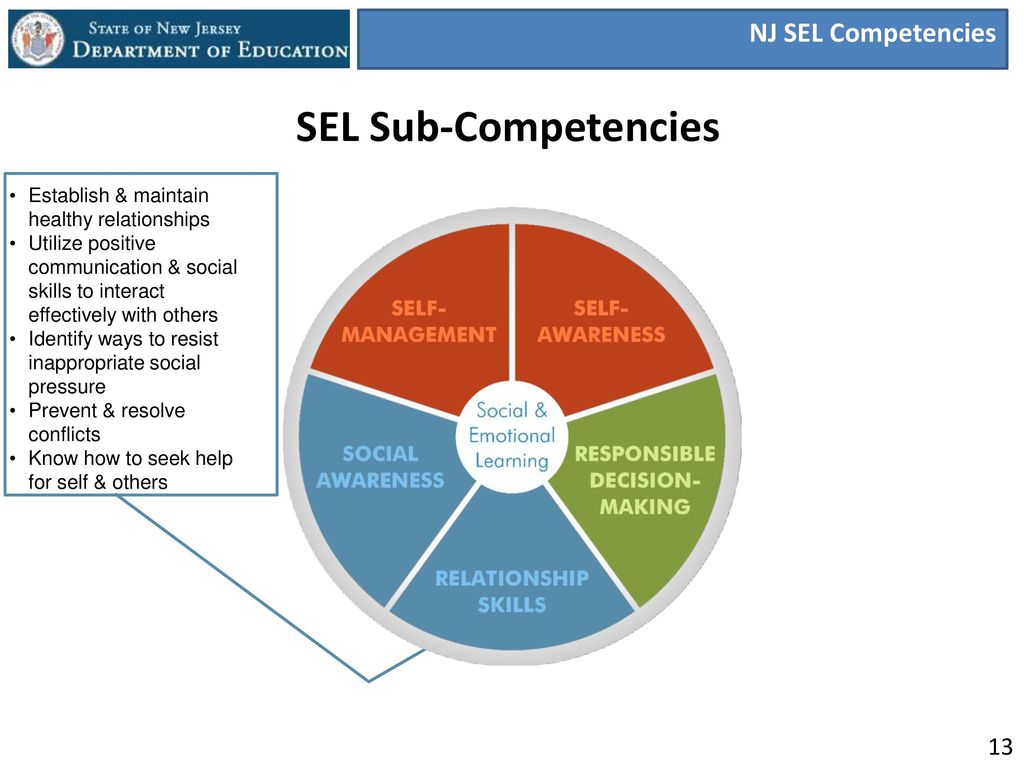 Here's how to separate lustful fantasies from…
Here's how to separate lustful fantasies from…READ MORE
In the same language: five rules that will help you communicate with anyone
The ability to find a common language and win over a person are skills that greatly simplify life. For a social worker or volunteer in a pandemic, you can’t do without them at all. Every day they need to communicate with a large number of strangers, to help. How to find an approach to everyone in a short period of time, says the psychologist of the family center "Family" Olga Filipp.
Be kind
Try to think of people you enjoyed talking to. What trait comes to mind first? According to psychologists, it is kindness and its manifestations that most often lead - responsiveness, the ability to understand the state of another person, sympathy. This is the universal basis that will help build successful communication with different people.
Smile
Smiling shows a person that you are positive towards him.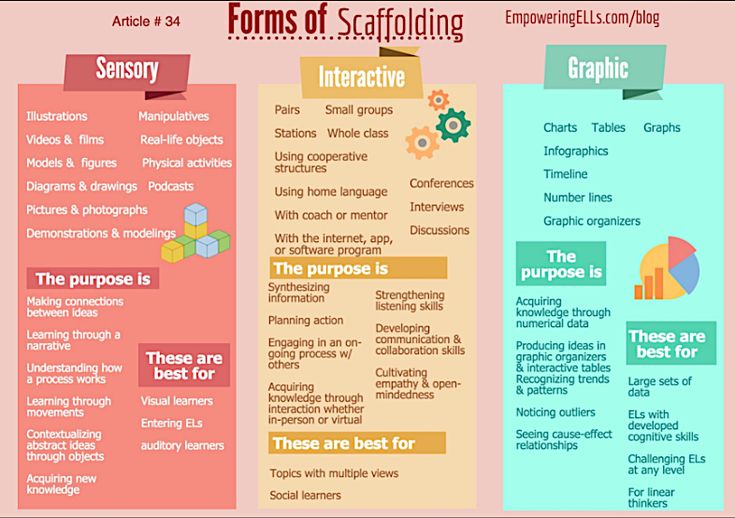 Studies have shown that a smiling person seems more attractive to us, we automatically attribute good qualities to him. nine0005
Studies have shown that a smiling person seems more attractive to us, we automatically attribute good qualities to him. nine0005
Address a person by name and patronymic
Instead of impersonal communication, often refer to a person by name and patronymic, because the name is his personality. By addressing in this way, you show your respect and show the interlocutor his importance to you.
Be sincere
There is nothing worse than a forced smile through clenched teeth. If you experience a feeling of fatigue, a decline in mood, then you should not behave deliberately cheerfully and joyfully. It is better to honestly admit to the interlocutor how you feel at the moment. So you show the person that the bad mood is not connected with him personally, but there are other reasons and circumstances. But never take your negativity out on another person, this is unacceptable. nine0005
Be interested and be a good listener
Showing attention is a very powerful tool to build rapport.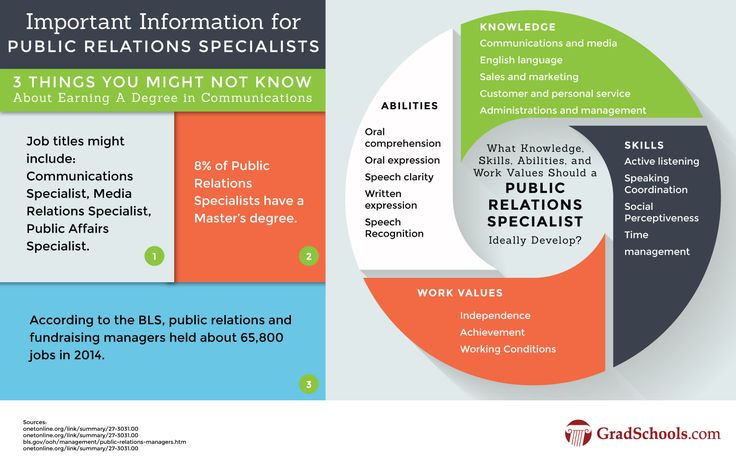 Show interest in the person, ask him a few questions, this is especially important for lonely and elderly people. Find out how he feels, how his mood is, whether everything is in order, be sure to listen to the answers. Compliment the person, but only sincerely, find something that you really liked.
Show interest in the person, ask him a few questions, this is especially important for lonely and elderly people. Find out how he feels, how his mood is, whether everything is in order, be sure to listen to the answers. Compliment the person, but only sincerely, find something that you really liked.
Unfortunately, it happens that with all our efforts, kindness and smile, a person can be negative or even aggressive. It is important to understand here that the reason for such behavior is not personal, there are a number of other circumstances. It is also important to know that aggression is a defensive reaction, and fear is hidden behind it. If we understand that a person is scared, our natural reaction will be to help, sympathize, show goodwill. And the main thing here will be the message, intonation, the words are secondary. Instead of retaliatory aggression, you can say: "Sorry, I upset you. I understand how unpleasant it is for you to talk about this now. The main thing is to remain calm in any situation and not lose your professional position.
Press Service of the Moscow Department of Labor and Social Protection
Five simple ways to improve relationships with people and life in general
Well-known American investor and author of books about financial well-being Robert Kiyosaki once said: “Rich people build a network of connections, everyone else is looking for a job.” This phrase, in my opinion, fully reflects the beauty of having a large number of friends. In the Soviet Union, this was called “blat”, now it is the buzzword “networking”. And then, and now people understand the importance of such skills as the ability to make and maintain useful contacts, but for some reason no one learns this purposefully. Although you can learn. Just like riding a bike or speaking in public. Today I will try to give some useful tips on this important and interesting topic. nine0005
1. Learn to make acquaintances.
Advertising on RBC www.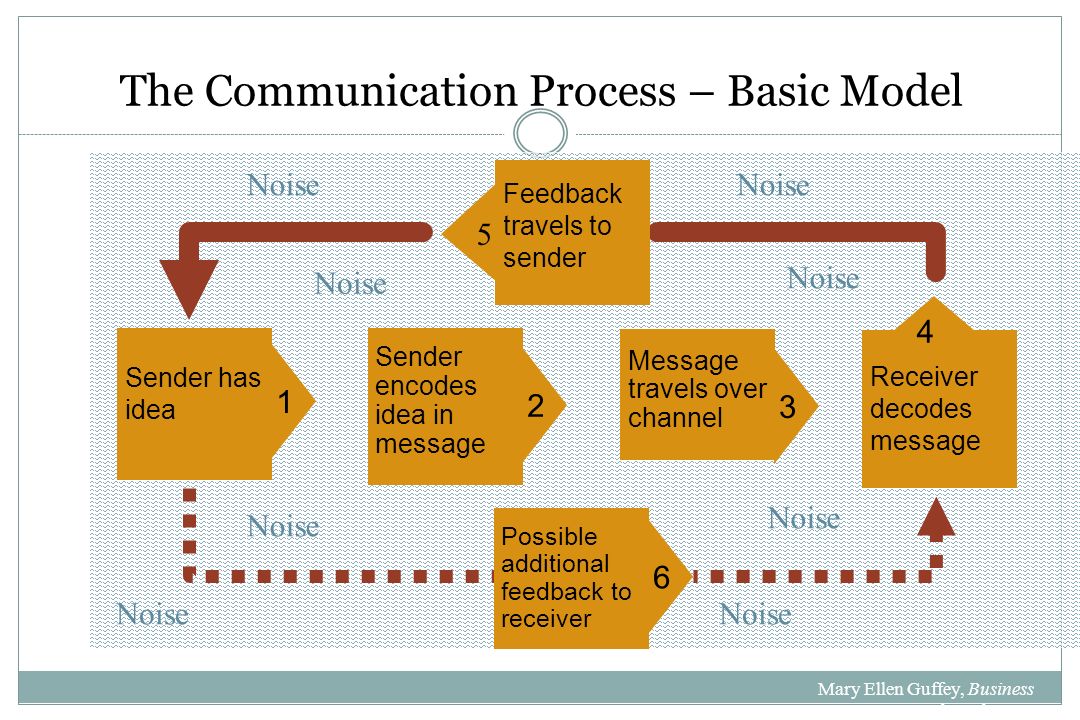 adv.rbc.ru
adv.rbc.ru
One of the main skills that allows us not to lose the many opportunities that life offers us is, of course, the ability to get to know each other! There are some simple tips on how to make this difficult stage easier. First, rehearse at home in front of a mirror how you will introduce yourself to a new acquaintance. Prepare a short (no more than 30 seconds) self-presentation: what is your name and what do you do. If you're going to a specific event, like a work conference, don't forget to include the purpose of your attendance in the speech. The point of preparing and rehearsing a self-presentation is that you will look stupid at home in front of a mirror, and not in front of a person in a real situation. Acquaintance can be started with several things: with a comment about the environment, with a question (which, by the way, can also be thought up in advance), with an offer or a request for help (pass that tartlet to him). Second, cast aside fear and boldly approach those you want to meet.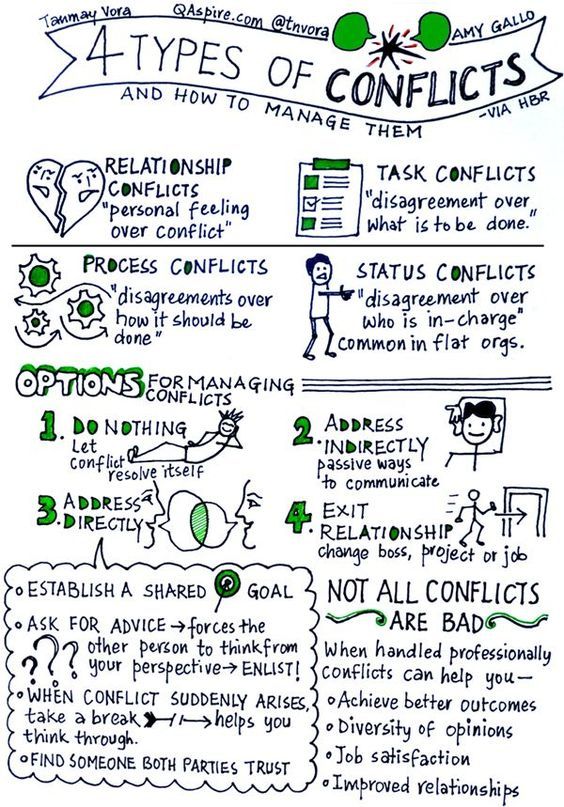 To make it easier, try to visualize (picture in detail) how your successful acquaintance happens, and it will be much easier and more confident for you to take this first step. nine0005
To make it easier, try to visualize (picture in detail) how your successful acquaintance happens, and it will be much easier and more confident for you to take this first step. nine0005
2. Know how to keep up the conversation.
It is very important to interest the interlocutor, especially at the first stage. It depends on whether there is potential for the continuation of your relationship. Be open and friendly. Smile! In this way, you not only set the other person up for contact, but also cheer yourself up (try smiling for a couple of minutes in a bad presence of mind - you will see how your mood improves). Non-verbal communication (appearance, gestures, voice, posture, etc.) generally accounts for 85% of the information that another person receives about you. So pay attention not only to WHAT you say, but also HOW you do it. nine0005
What to talk about at the first stage of the conversation? Ask more. Your task is to find out a topic that would be interesting to the interlocutor.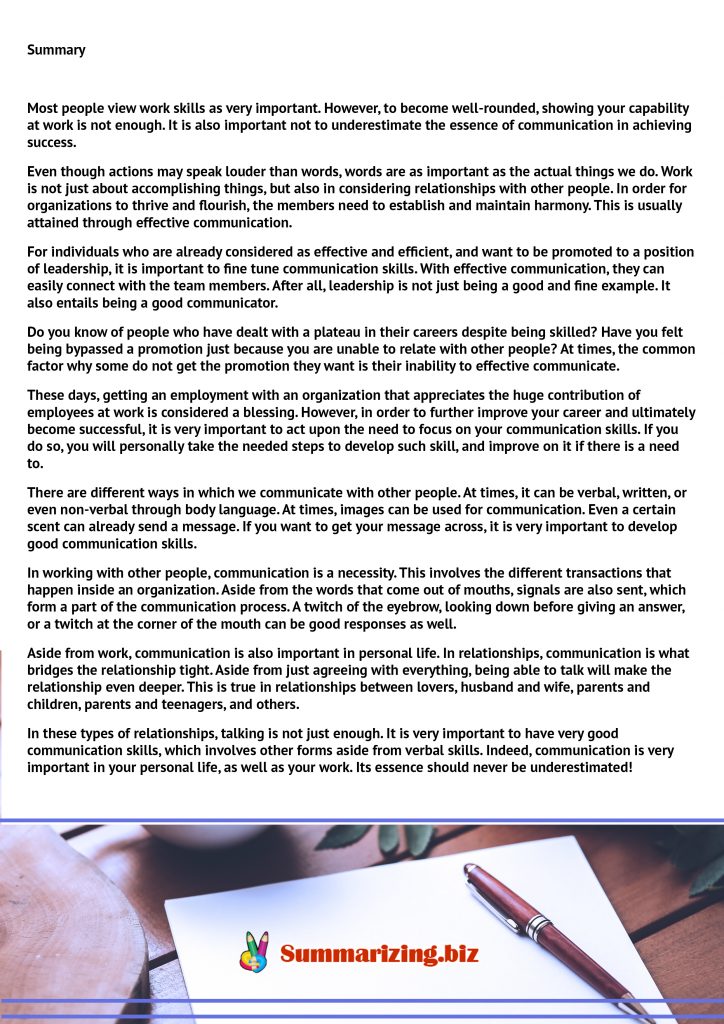 Try to go over more neutral topics first (you can talk about sex, religion and politics a little later). There is one psychological trick to use when talking between people who have not yet formed a relationship. Try to agree with what the other person says. Even if you have a different opinion, you can express it, but first listen and agree with him (or that his opinion is worthy of existence). And no "yes, but..."! nine0005
Try to go over more neutral topics first (you can talk about sex, religion and politics a little later). There is one psychological trick to use when talking between people who have not yet formed a relationship. Try to agree with what the other person says. Even if you have a different opinion, you can express it, but first listen and agree with him (or that his opinion is worthy of existence). And no "yes, but..."! nine0005
3. Keep track of your reputation.
Reputation is such an interesting thing that is built up gradually and lost very quickly. So, so that she does not roll away under the sofa, you need to constantly monitor her. In general terms, reputation is what is constantly expected of you under certain circumstances. Suppose friends know that if they come to you with a problem, you will definitely listen and help the person psychologically. Or colleagues always turn to you about insurance-related issues, knowing that you are an expert in this.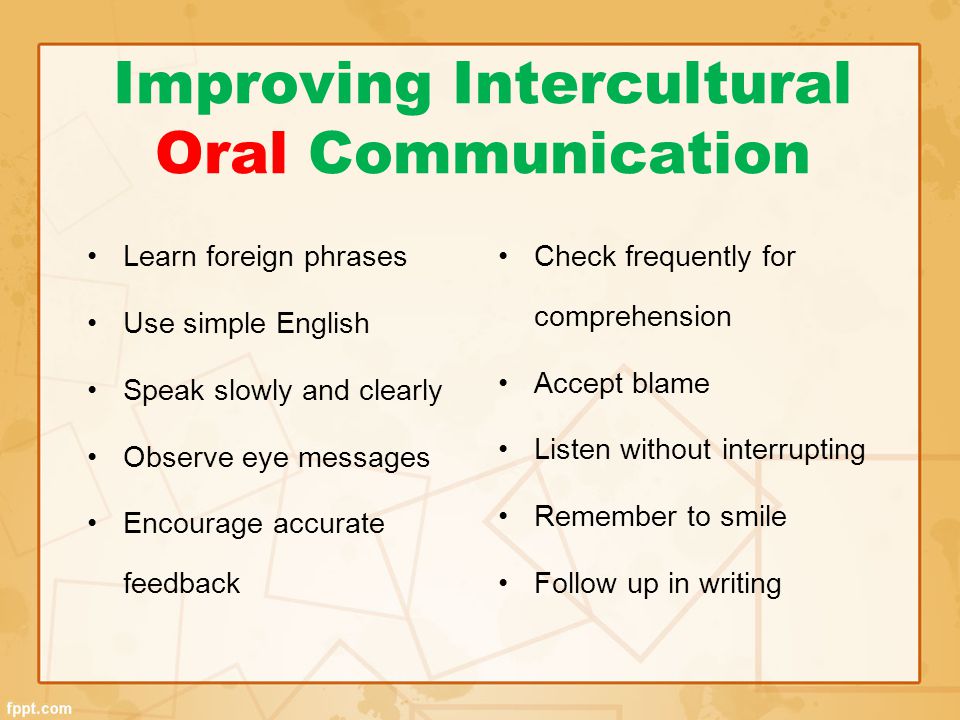 So why don't you pick an area you're already good at and start working on it? Be narrow-profile specialist, but the best. This is how word of mouth is born and recommendations appear. nine0005
So why don't you pick an area you're already good at and start working on it? Be narrow-profile specialist, but the best. This is how word of mouth is born and recommendations appear. nine0005
Don't forget that you have a certain image, also on social networks. Especially for people who don't know you that well in the real world. Therefore, before “posting” a photo or any other information, consider whether it corresponds to the image that you would like to have on the social network. Now even many banks, when considering an application for a microcredit, ask you to log in through Facebook or Vkontakte. With a minimum of other information about you (except for your passport and mobile number), your posts on the social network can say a lot about you. nine0005
4. Maintain relationships.
What do you do to keep in touch with all the people you meet in your life? Well, or at least with the most interesting and useful of them. There is a great rule that I learned from the top manager of a multinational corporation. Each week choose one person for whom you can do something nice. Help in solving some issue, introduce someone, share experience and knowledge, just treat them to dinner, in the end. He has been practicing this approach with people for many years. Imagine that by doing this once a week, in a year you will get 50 people with whom you have improved relationships. Isn't it great? At the same time, try to do it sincerely and not expect something in return. According to the observations of many successful people, the reward will overtake you. And more than once. And perhaps on the other side. nine0005
There is a great rule that I learned from the top manager of a multinational corporation. Each week choose one person for whom you can do something nice. Help in solving some issue, introduce someone, share experience and knowledge, just treat them to dinner, in the end. He has been practicing this approach with people for many years. Imagine that by doing this once a week, in a year you will get 50 people with whom you have improved relationships. Isn't it great? At the same time, try to do it sincerely and not expect something in return. According to the observations of many successful people, the reward will overtake you. And more than once. And perhaps on the other side. nine0005
I also want to share a couple of very practical ways to maintain relationships. If you are invited to an event, take with you a person whom you have not seen for a long time (or have seen, but want more) and who would be interested in the topic. He will be happy, and you will get a reason to talk. Another method that I really like is business breakfasts or lunches.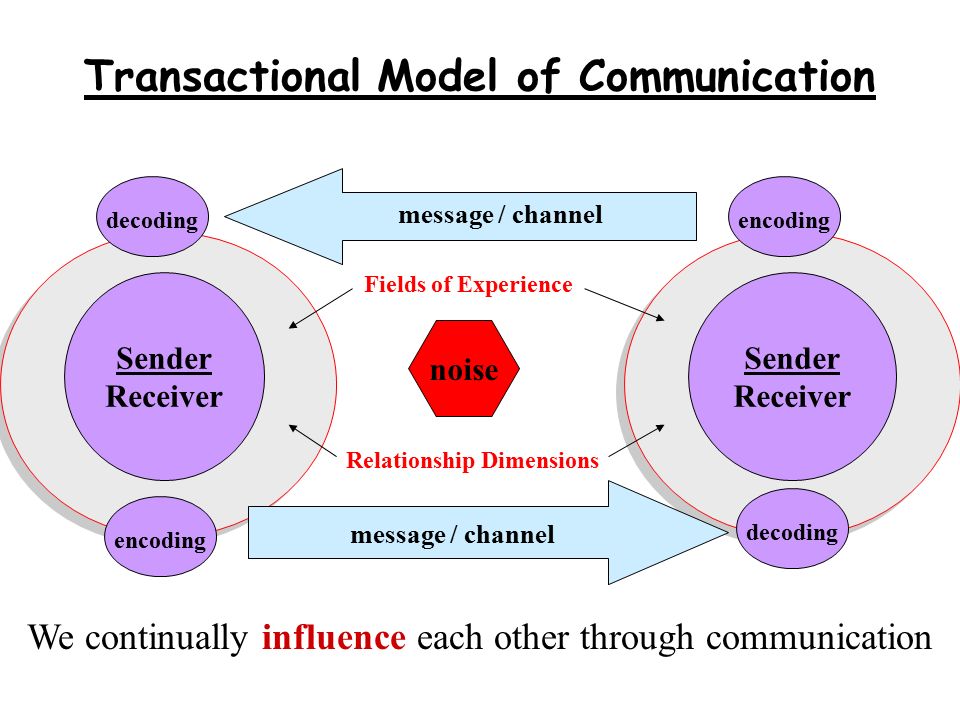 You are eating every day. Why not combine it with a useful meeting. And yes, do not forget to treat your counterpart by paying the bill. nine0005
You are eating every day. Why not combine it with a useful meeting. And yes, do not forget to treat your counterpart by paying the bill. nine0005
5. Expand your social circle.
Do not forget that around you is a whole world of people, things and events. Therefore, you should not close yourself within the usual circle of friends - school friends or beloved colleagues. Try to start proactively looking for new people and spend more time on those who bring you closer to your goals. Renowned writer Charlie Jones, author of Life is Beautiful, said, “The only difference between who you are now and who you will be in a year is the books you read and the people you meet.” nine0005
Professionally, you can meet a lot of really interesting people at thematic conferences. Search on the Internet, as a rule, in big cities during the year there are about a dozen such events on almost any existing topic. Another good way to start growing both personally and professionally is to find yourself a mentor or mentor.